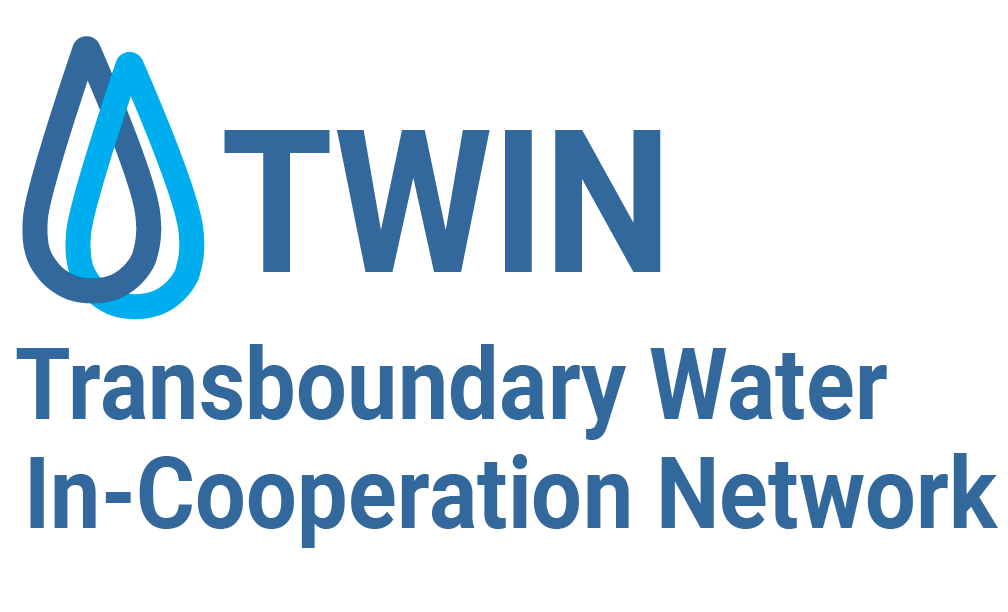Cross Border Stream Restoration
Treating this wastewater effectively and efficiently is the impetus for this project, which takes the local conditions of the stream and expands the view to tackle the issue at the regional and watershed level.
About sixteen streams in Israel are transboundary in nature, meaning they’re shared between Israel and the Palestinian Authority; roughly two-thirds of the streams originate in Palestinian territory, crossing Israel and emptying into the Mediterranean Sea. The difficulties in Israeli-Palestinian cooperation result in persistently high levels of pollution of these waterways. This lack of cooperation prohibits the agricultural, recreational and ecological uses of the streams.
The main objective of this research is to lay the foundation for effective stream restoration for the region’s transboundary streams by promoting and implementing the concept of transboundary watershed management. This project seeks to place the need for a transboundary approach to watershed management at the forefront of Israeli and Palestinian water policy.
In collaboration with the Department of Geography at Ben-Gurion University and Besor-Shiqma River Authority, and with support from the Jewish National Fund’s Parsons Water Fund, The Center has established a joint effort to determine the water quality and construct three advanced hydrological monitoring stations to collect data along the Hebron-Be’er Sheva-Besor stream. In addition to this analysis of the physical aspects of the watershed, researchers collect socio-economic information about Israeli and Palestinian communities in the entire watershed.


